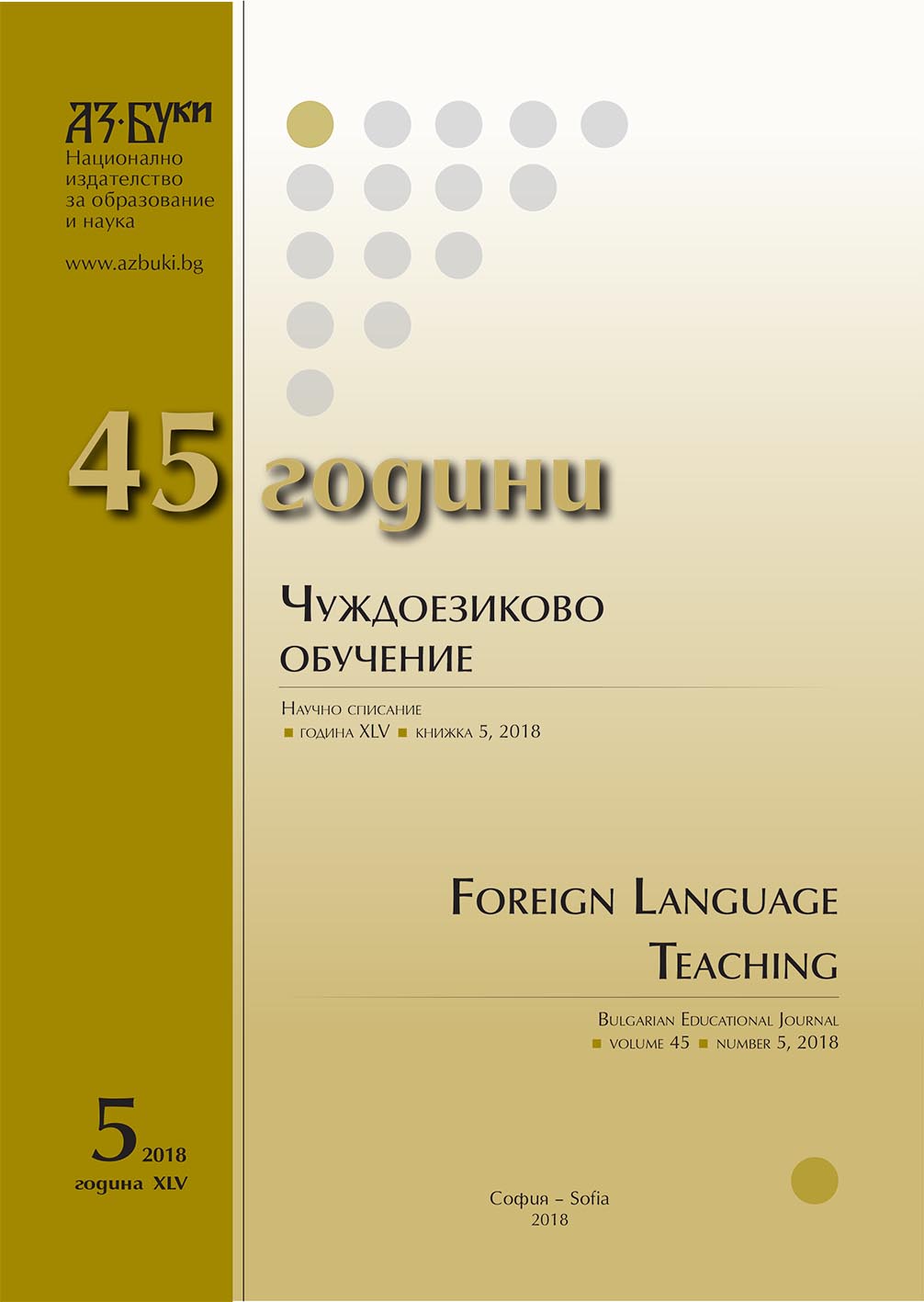Диахронно развитие и същност на съвременните наклонения в индоевропейските езици
Diachronic Development and Nature of the Moods in the Contemporary Indo-European Languages
Author(s): Bilyana Mihaylova, Nikola KrastevSubject(s): Social Sciences, Language studies, Language and Literature Studies, Education, Foreign languages learning, Applied Linguistics, Vocational Education, Adult Education, Higher Education , Inclusive Education / Inclusion
Published by: Национално издателство за образование и наука „Аз-буки“
Keywords: mood; Indo-European linguistics; speaker-oriented modality
Summary/Abstract: The purpose of this article is to summarize what has been achievedover the past 100 years in the field of reconstruction of the system of the Indo-European mood and to present the most probable origin and development of moods in the contemporary Indo-European languages. As methodological basis of the comparative-historical approach was used the theoryof Bybee et al. (1994) for the diachronic development of modal systems from agent-oriented modality through speaking-oriented or epistemic to subordinate modality. This focus on the purpose and the subject of the study allows the authors to conclude that in the Indo-European proto-language we are already observing a state of speaker-oriented modality and that the transition from speaker-oriented to subordinate modality with the syntactic and optative functions of the subjunctive is in fact the result of the change of the linguistic type of the Indo-European languages from active to nominative. Still, though in modern IE languages the predominant modal system is the subordinate one, the speaker-oriented roots of this subordination can be traced back to a number of phenomena such as the cupitive functions of the subjunctive, some injunctive forms of the imperative, the modal uses of the future, of the past tense and the conditional, and many others.
Journal: Чуждоезиково обучение
- Issue Year: 45/2018
- Issue No: 5
- Page Range: 485-496
- Page Count: 12
- Language: Bulgarian
- Content File-PDF

